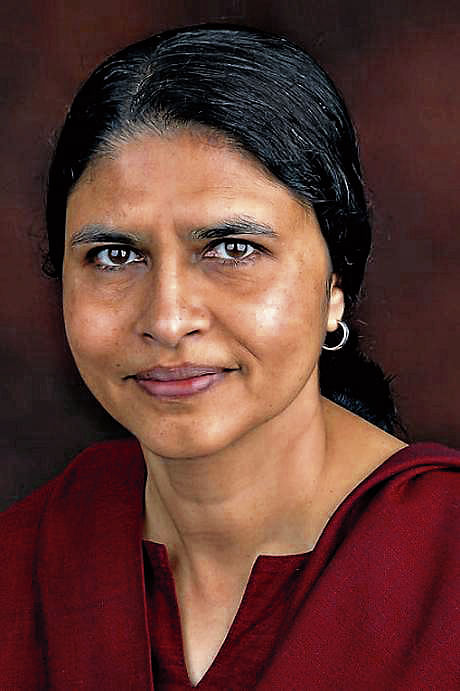The biggest lesson that we must learn from this unplanned lockdown is that the current political dispensation is not really representative of the interests of the people, says social anthropologist A R Vasavi, who has studied the farmer crisis in Karnataka extensively.
Does the Covid-19 crisis have any lessons for policymakers, consumers and farmers? Is it time to reconsider our priorities and models?
The current crisis highlights the fragile structural positioning of the agricultural and rural sectors and the extreme vulnerability of the landless and small and marginal farmers. The state has failed to address the structural deficits of rural and agrarian societies and has instead promoted new models of agriculture and the adverse integration of the rural economy and society into the dominant capital economy.
The Covid-19 emergency has placed the nation and its most vulnerable into conditions of exigencies and indicates that alternative policies are urgently required. There are several misconceptions and ideas that need to be rectified and new ideas engaged with. For instance, instead of destroying our rich biodiversity and local knowledge systems of agriculture, it may be prudent to conserve and promote these agricultural practices as resilient and viable models.
What needs to be addressed is the structural inequity of lack of access to resources (land, water, and capital) among a majority of cultivators. Also, we need to challenge the established dichotomy between the rural and urban and the agricultural and industry. A final point is that for the rural and agricultural sector to become a viable and thriving economy and society, the state needs to promote equitable and quality access to resources, housing, health and education.
Is it possible to reverse the over-dependency of farmers on outside support?
There isn’t so much over-dependency on the external sector as much as there is over-exploitation and over-expropriation of rural resources, labour and capital into the dominant urban, industrial economy. This adverse integration needs to be challenged and new models that assess actual flows of resources, capital and labour need to be factored in. The rural currently provides hidden subsidies and support to the urban and industrial sectors. The rural or its citizens, need to assert their contribution and receive adequate compensation and payments.
What should be the approach of the government once the lockdown is lifted or if the lockdown continues?
The lockdown was unplanned and implemented with no thought at all for the rural sectors, its migrant workers and the urban working class in general. Currently, the model is one where the middle and rich classes are being provisioned, safe-guarded and maintained by the poor. Instead of this kind of lockdown, there should be better medical surveillance and support, especially among those who are susceptible to the virus. If the lockdown continues there must be an assurance of food, income and medical security to the disadvantaged.
